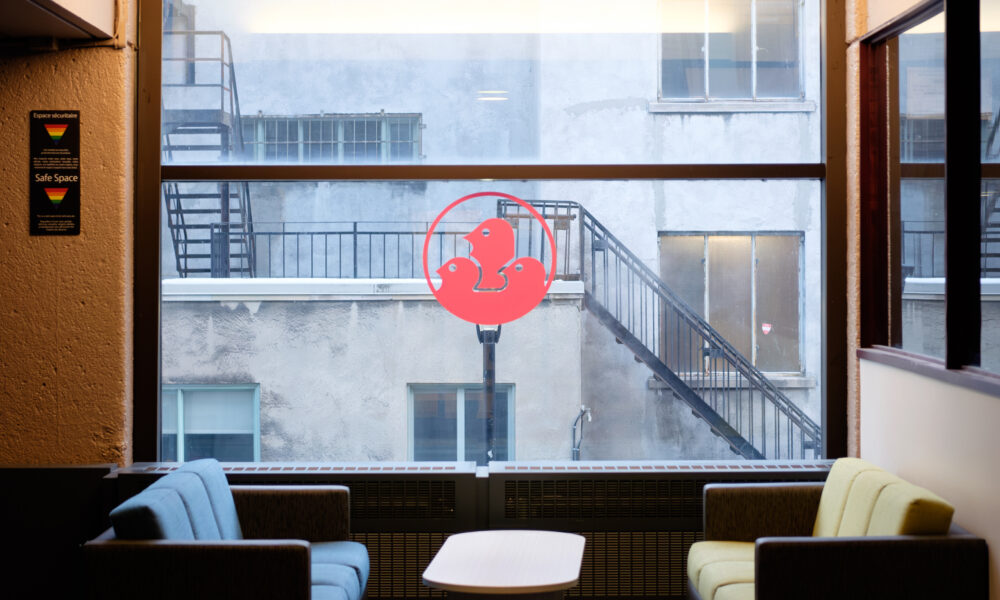As of Fall 2023, members of the Students’ Society of McGill University (SSMU) are eligible for a new legal care program offered by StudentCare called “The Essentials,” for an additional $30 per year. Unless they choose to opt-out, members will automatically have access to many legal services for a whole year. Students who enroll in the winter semester will have a lower fee of $20 to pay for the program.
How does it work?
The legal care program functions in partnership with a law firm which provides access to lawyers certified by the Barreau du Québec for both consultation and representation purposes.
Consultation services include legal meetings, research, document analysis, legal interpretation, and case follow-up. This advice will be available to students in any area of the law.
Representation services include expenses which are incurred through hiring a lawyer, attendance fees, court fees, as well as witness fees and expert witness expenses that value up to $1,000. Concerning aid in legal proceedings, students are covered in specific areas of the law including housing, employment, academics, small claims, human rights, and civil mediation.
In an interview with The Tribune, Samuel Wong, a first year student in the Faculty of Law at McGill, explained the value he sees in the provision of legal aid to university students.
“I think it’s really important especially […] in light of issues of access to justice because, let’s face it, […] legal aid isn’t always the most accessible thing to have, so I think there definitely is value,” Wong said.
What is the goal of the program?
According to their StudentCare webpage, SSMU established this program to facilitate undergraduate students’ access to legal counsel, which can be intimidating and expensive, with the average hourly wages of lawyers in Quebec ranging from $100 to $350.
According to SSMU Vice-President Finance Amina Kudrati-Plummer, SSMU felt comfortable implementing the program because they had seen it successfully adopted in other student unions and had done well during a trial in the previous academic year.
Kasia Johnson—Director of Community Services at the Legal Information Clinic at McGill (LICM)—spoke to the importance of providing university students with clear legal information in an interview with The Tribune.
“A lot of the time […] there’s just so much information out there and it’s really confusing,” she says. “Sometimes people just need to know how to contest a rent increase,” Johnson said.
How is it different than the LICM?
The LICM has provided students with legal information since its establishment in 1973. What SSMU’s legal care program will offer to students is legal advice.
In an interview with The Tribune, Blaise Evelyn, LICM’s Executive Director, differentiated between the legal information provided by LICM and legal advice offered by SSMU’s Essentials.
“Legal advice is what lawyers are, under the law, reserved to provide. So that’s advice on what a client should do in a specific case, and as well as reviewing documentation, and representation in court,” Evelyn said. “Legal information is providing people with information on the state of the law, on what their rights are, and all their options under the law without necessarily telling them what they should do.”
This new legal care plan seeks to provide legal advice to students, which LICM is unable to do. However, the two program’s services are highly complementary and in instances of student advocacy when lawyers are not allowed to be present, LICM, too, fills a gap in the Legal Essentials program’s services.
“There are so many things that Legal Essentials doesn’t do or can’t do for students that the LICM does. So, in a lot of ways, we’re complementary, like we’re the walk-in clinic to see the doctor for an issue, and they’re the hospital emergency room,” Evelyn said.







